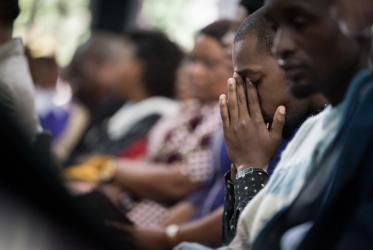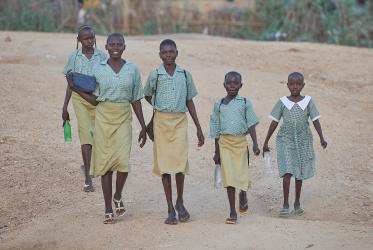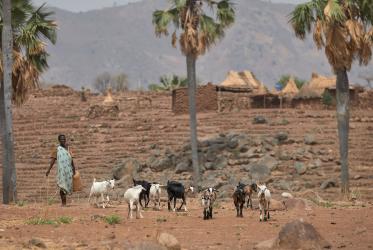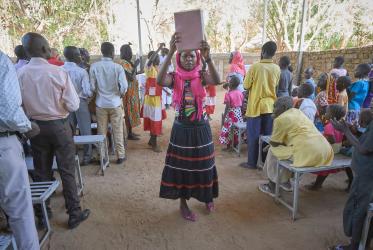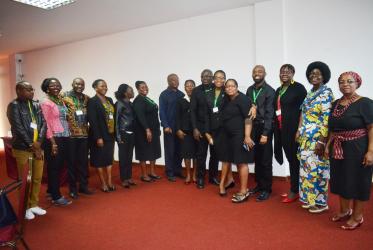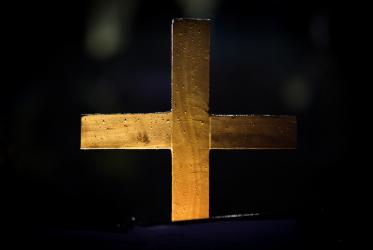Displaying 1 - 20 of 26
28 July 2023
WCC expresses concern, solidarity with people of Sudan
12 April 2019
#WCC70: Diaconal unity in a long-forgotten crisis
25 October 2018
Preventing incitement to violence which could lead to atrocity crimes in Africa
09 - 11 May 2016
Addis Ababa, Ethiopia
